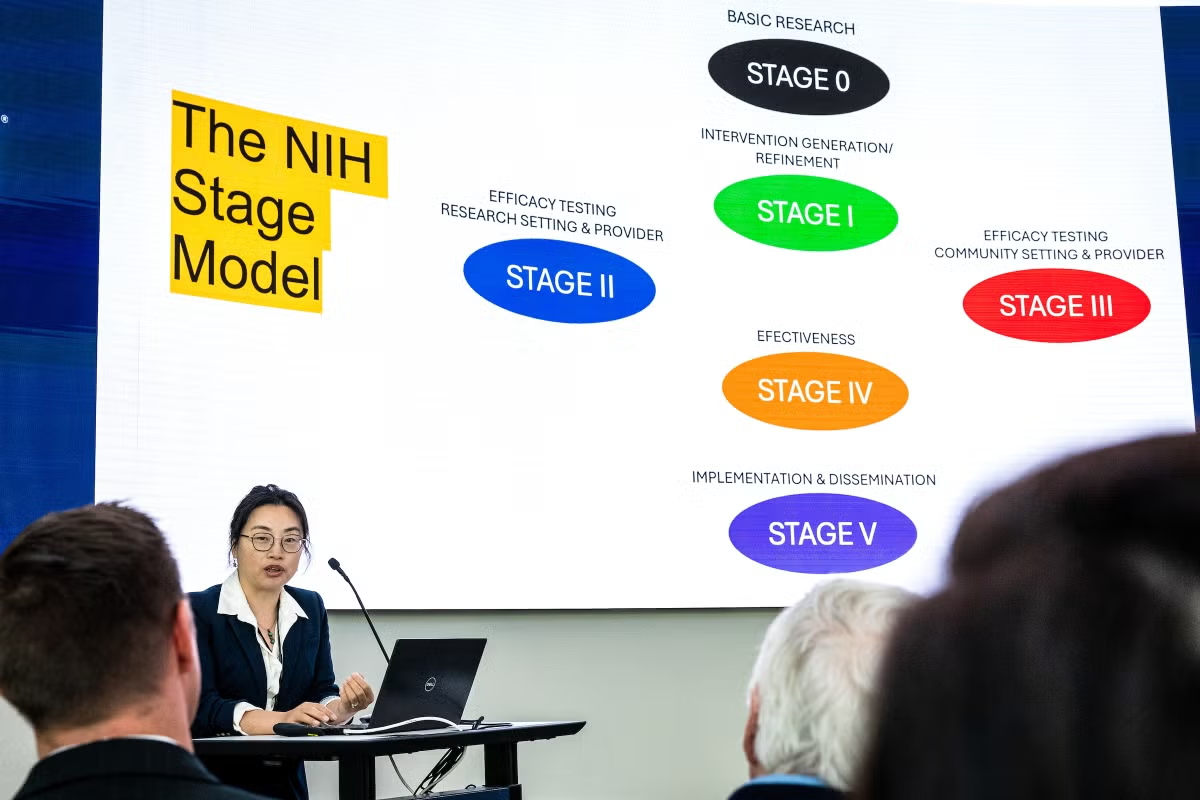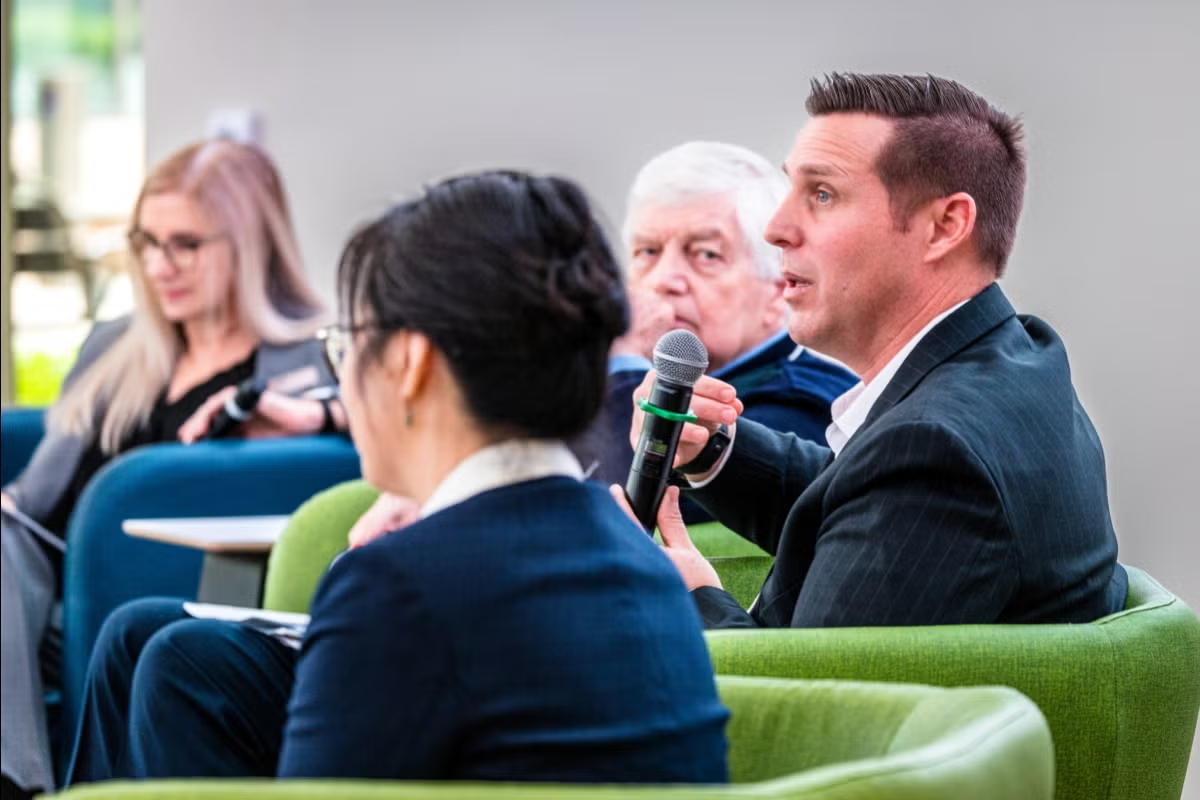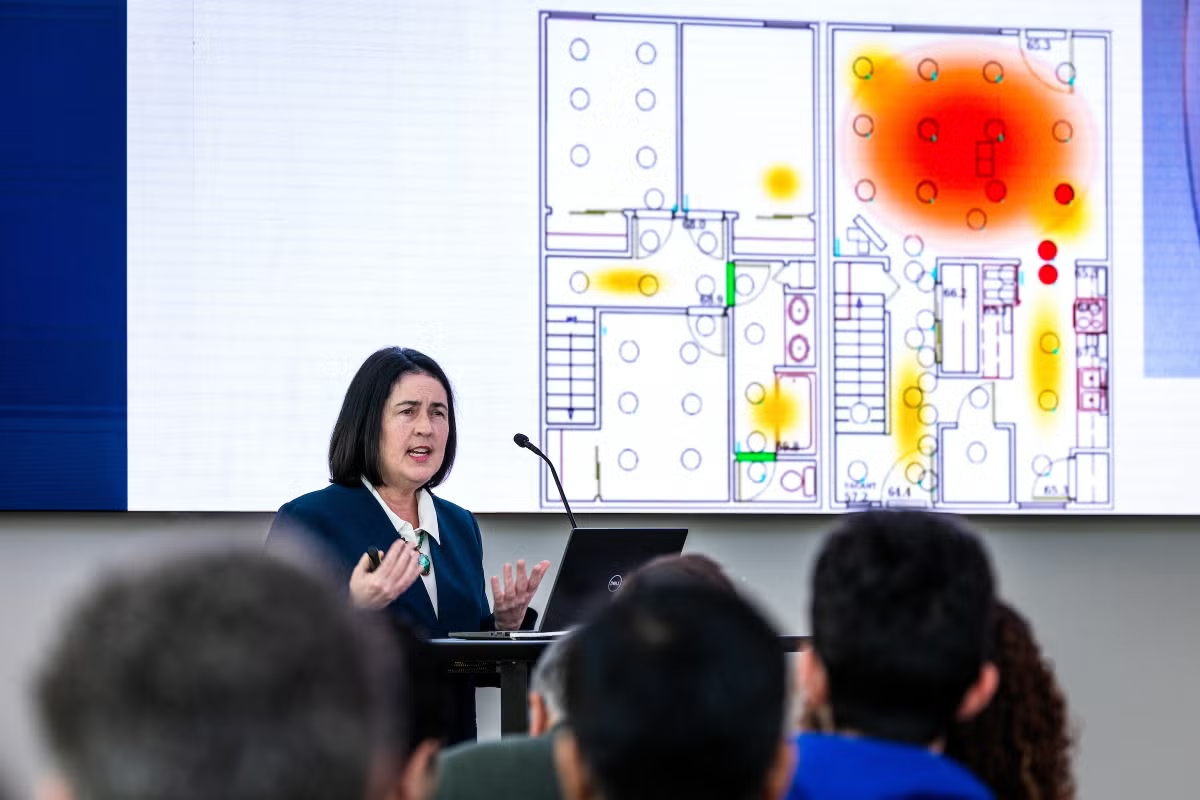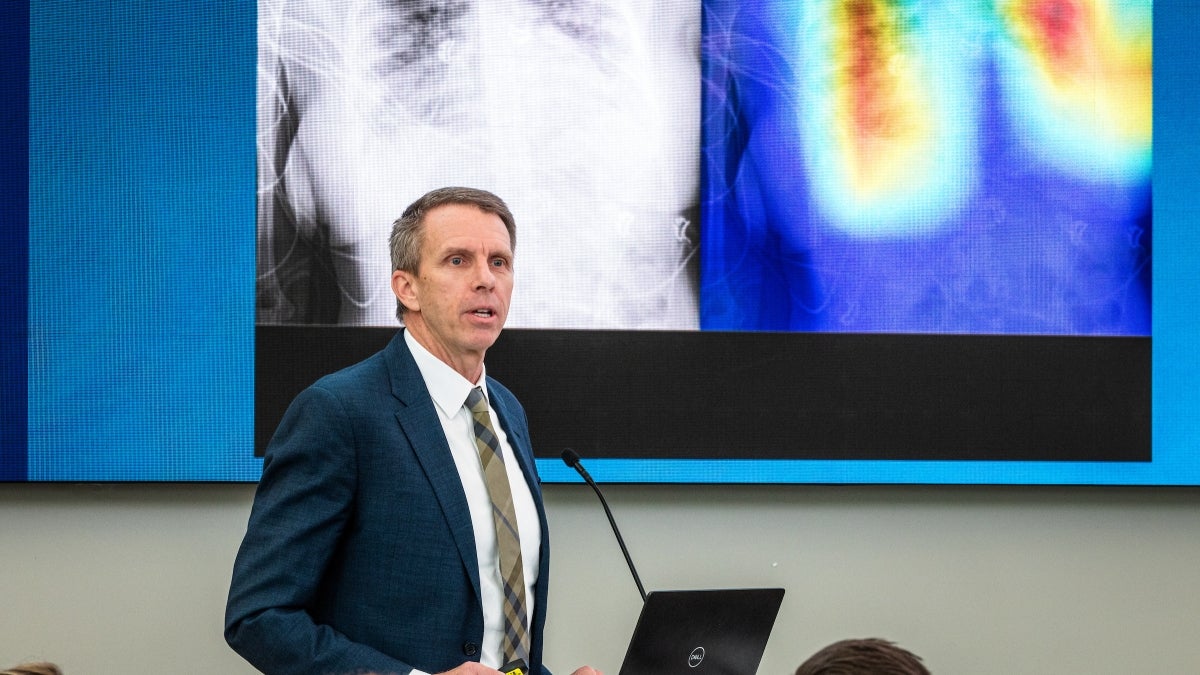ASU Digital Health Summit Explores Human-Centered Technology in Healthcare
Digital health is advancing at a rapid pace, but the inaugural ASU Digital Health Summit highlighted the critical role of human-centered design to ensure these innovations benefit everyone, not just a select few.
The summit, held at the ASU Thunderbird School of Global Management in Downtown Phoenix, showcased a range of topics, from the use of technology in dementia care to the creation of “digital twins” for improved healthcare outcomes. The event was sponsored by the ASU College of Health Solutions, the new ASU Roybal Center for Older Adults Living Alone with Cognitive Decline, and Google Government.

Key Themes and Discussions
Michael Yudell, interim dean and professor in the College of Health Solutions at Arizona State University, emphasized the importance of a human-centered approach, stating, “If we rely only on the technology, we’re going to go nowhere. We need the social-behavioral scientists to understand the impact of these technologies, how they intersect with different types of communities and how they will help or perhaps harm the most vulnerable among us.”
Technology for Older Adults
Matthew Buman, professor in the College of Health Solutions and director of Precision Health Research Initiatives, highlighted the potential of digital health technologies to support older adults. He noted that lifestyle interventions are effective but can require significant resources. Digital tools can provide a scalable solution.
Buman, along with Fang Yu, professor and Edson Chair in Dementia Translational Nursing Science in the Edson College of Nursing and Health Innovation, presented research on digital devices to assist older adults. One study utilized smartphone interventions, such as text alerts and rewards, that reduced screen time by an hour a day.

Digital Twins for Personalized Care
Diane Cook, a professor in the School of Electrical Engineering and Computer Science at Washington State University, discussed using machine learning to develop “digital twins”—virtual representations of individuals based on data. These twins can predict how a person will respond to interventions. Cook provided an example of a patient with type 2 diabetes and cognitive decline to illustrate the twin’s potential. The goal is to analyze behavior and identify controllable actions that could improve their health outcomes.
Cook also discussed the limitations of these models, such as the inability to measure some financial activities and the challenges presented by data collected from wearable devices in complex environments.

Related Panel Discussion
During the summit, Matthew Buman, professor in the College of Health Solutions participated in a panel discussion with other researchers.

Creating Human-Centered Technology
The summit also touched on critically important questions of ethics in healthcare, including how to bridge the digital divide and ensure health equity. Maissa Khatib, a research scholar in the College of Health Solutions, discussed the Arizona Community Cohort Model, which is a framework designed to build trust within communities.
Krystal Tsosie, assistant professor in the School of Life Sciences, highlighted the work of the Native BioData Consortium, a unique research institute led by Indigenous geneticists and tribal members. Tsosie explained that, for tribal communities, data ownership and “group consent” are important considerations in ensuring that data models, like the proposed Digital Twins, do not harm the community.
Beza Merid, an assistant professor in the School for the Future of Innovation in Society, noted that the ultimate goal is to incorporate technology in a manner that improves care. Merid stated that the goal is to acknowledge that these technologies were “designed by people who may have biases, who may have designed based on frameworks that may be limited.”
Fusing Innovation and Healthcare Practice
Craig Norquist, a physician and the chief medical information officer for HonorHealth, called on the medical field to embrace digital health advances more quickly, drawing on the evolution of wearable technology for athletes as an example. He reflected on how technology already used by athletes and tech-savvy individuals is often slow to be incorporated into the existing healthcare structure.
He highlighted the potential of continuous glucose monitors for people with diabetes and described how they could be combined with insulin pumps to create a “synthetic pancreas.” Norquist also noted instances of medical innovation that were actually created and implemented by patients themselves, such as the hacking of devices to allow them to communicate. The pandemic accelerated the adoption of telemedicine and artificial intelligence tools, such as the University of California, San Diego’s use of AI to read chest X-rays to detect COVID.
Norquist sees the partnership between HonorHealth and ASU as a key avenue for introducing innovation into the healthcare field, urging the audience to continue “to iterate, make it better, make it intuitive, and make it work.”


